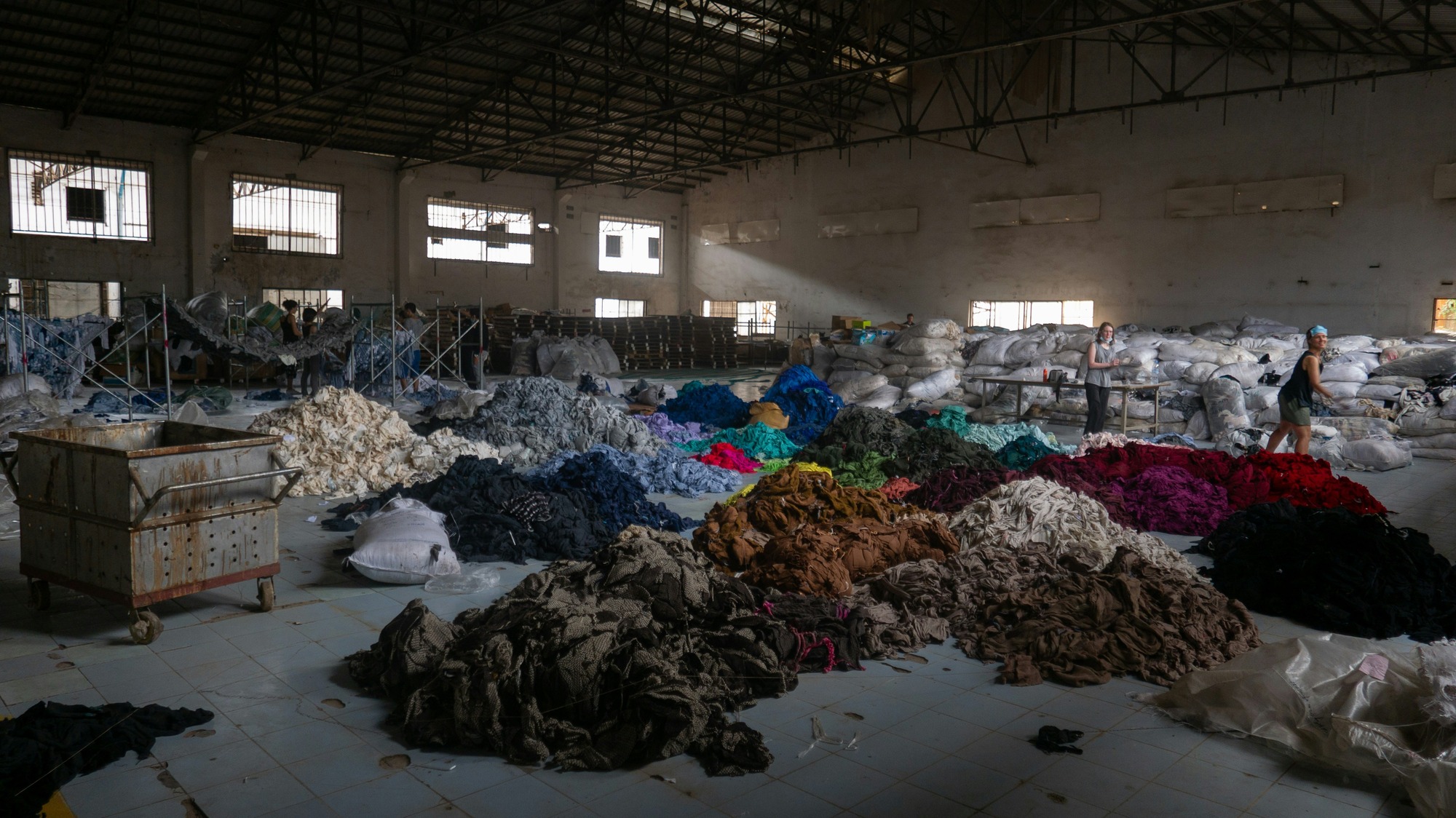There’s a subtle, often unspoken rule in society: if you’re poor, your choices are scrutinized. Every purchase, every lifestyle habit, every form of entertainment is picked apart as either irresponsible, indulgent, or evidence that you’re doing poverty “wrong.” But here’s the uncomfortable truth—many of the things poor people are judged for are the exact same things rich people do. The only difference? When rich people do it, it’s rebranded as lifestyle, luxury, or self-care.
It’s a double standard that reveals more about how we view class than how we view behavior. We assign morality to money, assuming wealth equals wisdom and poverty equals personal failure. But real life isn’t that binary. And when you zoom in, the lines between what’s “poor behavior” and what’s considered acceptable for the affluent get blurry fast.
Buying Fast Food for Convenience, Not Nutrition
Poor people are often scolded for eating fast food—too greasy, too unhealthy, too expensive in the long run. But wealthy people grab Starbucks for breakfast, order DoorDash on late nights, or hit Chick-fil-A between meetings. The difference? One is seen as laziness, the other as being “on the go.” The truth is, people of all income levels prioritize convenience when life is chaotic. The shame only seems to appear when money is tight.
Shopping at Discount Stores
Whether it’s a $5 t-shirt from Target or a haul from the clearance rack at Marshalls, everyone loves a bargain. But when lower-income people shop at places like Dollar Tree or Goodwill, it’s framed as desperation or lack of taste. Meanwhile, wealthy influencers proudly thrift for “vintage vibes” or brag about scoring designer pieces at a discount. Same behavior, different narrative.
Spending on “Unnecessary” Luxuries
When a poor person buys a new phone, nails, or even a vacation, the judgment is swift: “Shouldn’t they be saving?” But a wealthy person doing the same is applauded for treating themselves. The assumption is that wealth has been earned and poverty is a result of bad choices, when in reality, everyone craves joy, comfort, and a break from stress, regardless of their income level.
Living with Family to Save Money
Multi-generational households are common among lower-income families, and often mocked as a sign of failure to launch. Yet when wealthy adult children live at home to save for grad school, travel, or a down payment, it’s called “strategic.” Again, it’s not the act. It’s the context society assigns to it.
Using Credit to Stay Afloat
Credit card debt is often seen as a trap for the poor, and yet plenty of wealthy people also live on credit. The difference is that financial cushion and higher credit limits mean the consequences don’t hit as hard. Poor people using credit are shamed for being reckless. Rich people call it “leveraging.”
Budgeting and Couponing
You might think budgeting is only a necessity for those who are financially strained, but many wealthy individuals budget meticulously, track their expenses, and clip digital coupons. Rich people call it “money management” or “financial literacy.” Poor people doing the same are often portrayed as penny-pinchers.

Buying Cheap Things That Break Easily
People with limited funds often have to buy what they can afford, even if that item won’t last. Then they’re blamed for “not investing wisely.” But the reality is that many wealthy people also buy trendy, low-quality items—such as fast fashion, tech gadgets, and kitchen appliances—without worrying about longevity. The cycle isn’t unique to poverty. What’s unique is the judgment that comes with it.
Driving Old or Beaten-Up Cars
An old car driven by someone broke is a punchline. Driven by someone rich? It’s a “vintage vibe,” a humble brag, or even a “smart financial choice.” We’ve all seen billionaires praised for driving beat-up Toyotas while someone working three jobs gets mocked for having a car held together by duct tape.
Indulging in “Cheap” Entertainment
Streaming Netflix, watching YouTube, playing video games, or spending time scrolling social media. These are often cast as time-wasters for the poor. But when rich people binge shows or talk about their latest gaming setup, it’s just leisure. Everyone needs downtime. But somehow, rest becomes laziness when you’re struggling financially.
Wanting to “Look Good” Despite Struggles
One of the most controversial and misunderstood behaviors is when people from low-income backgrounds spend money on looking good, such as clothes, beauty products, and fitness. Critics call it shallow or irresponsible. But presentation matters in society, and for many, it’s tied to self-worth, dignity, or even job prospects. Wealthy people drop thousands on cosmetic procedures, personal trainers, and high-end skincare. Poor people doing the same get accused of vanity.
Why the Double Standard?
The behaviors listed above are not unique to class. They’re human. What differs is the way society interprets them. When rich people indulge, it’s seen as aspirational. When poor people do the same, it’s seen as a moral failing. This lens of judgment doesn’t just reinforce inequality. It keeps us from having honest conversations about poverty, survival, and the systems that shape our lives.
Until we stop moralizing money and start understanding context, we’ll keep blaming the people at the bottom for playing the same game with fewer tools.
Have you ever been judged for a choice that someone wealthier was praised for? Why do you think society gives rich people more grace for the same behaviors?
Read More:
Do Rich People Actually Budget—Or Just Pretend To?
Why Poor People Are Tired of Hearing ‘Just Budget Better’
Read the full article here














